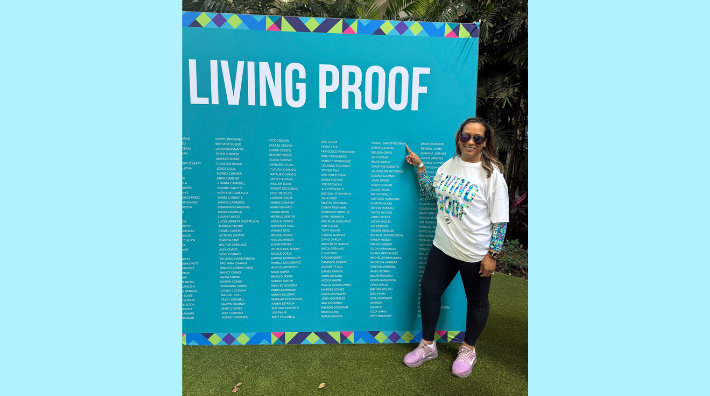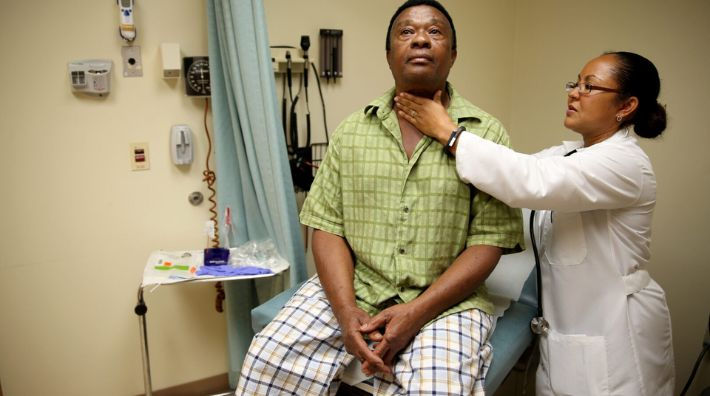Cancer Connections
Cancer News, Stories, and Conversations
Our team of experts brings you cancer-related news, features, and survivor stories.
4 Causes of Hearing Problems for Cancer Survivors
Published on: July 16, 2025
Some cancer treatments can cause hearing loss. Learn more about auditory effects and balance issues and what to do if you experience them.
Turning Pain into Purpose After a Cervical Cancer Diagnosis
Published on: July 15, 2025
Avi Grant—a newlywed and rising professional—was diagnosed with stage III cervical cancer just as she was planning to grow her family. As a cancer survivor and Relay For Life participant, Avi is a voice for the unheard, a mentor to the newly diagnosed, and a passionate advocate for change.
Does Having Arthritis Increase Cancer Risk?
Published on: July 10, 2025
Certain arthritis types have been linked to increased cancer risk. Find out more and learn ways to help reduce your cancer risk if you have arthritis.
After Leading a Screening Awareness Campaign, Colonoscopy Becomes Personal
Published on: July 3, 2025
Professionally, Andy Whitehouse worked on a campaign for colon cancer prevention. But a friend had to remind him repeatedly to get his own screening.
Men’s Health Month: Prostate Cancer Q&A with Dr. Dahut
Published on: June 30, 2025
Dr. William Dahut, the American Cancer Society’s chief scientific officer, discusses prostate cancer.
Are Fireworks Bad for Your Health?
Published on: June 27, 2025
Using or watching fireworks can lead to health issues like lung irritation and hearing damage. Find out how to lower the health risks from fireworks.
From Loss to Legacy: A Mission to Close Healthcare Gaps for the LGBTQIA+ Community
Published on: June 26, 2025
From surviving HIV and three cancer diagnoses to becoming an advocate, Steve Drayton’s journey is a testament to resilience, love, and a lifelong mission to close healthcare gaps for the LGBTQIA+ community.
Can You Go on Vacation During Cancer Treatment?
Published on: June 24, 2025
People traveling during cancer treatment should plan ahead to stay as safe as possible during trips. Get tips on what to ask your doctor before you go.










